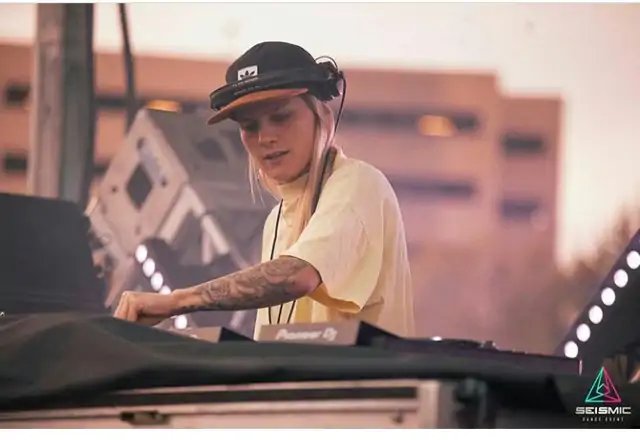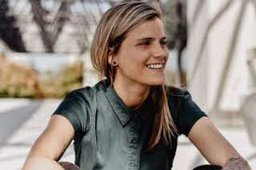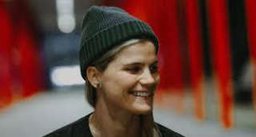J. Worra

J. Worra
Early life
J. Worra was born and raised in a small town north of Chicago. In 2011, while living in Chicago, she finally dove headfirst into DJing and music production.
Career
After holding several residencies in Chicago like SpyBar, The Mid, and more, Jamie decided that it was time to head West and see what Los Angeles had to offer.
Even though she is now in LA, one can still hear the sounds of her roots in all of her production.
Some of her biggest influences in music are Green Velvet, Gene Farris, Chris Lake, and Billy Kenny. When asked about how she wants to impact the music industry, she said:
"I want to change the tone, I want to show what women are capable of, and what hard work and being true looks like, and above all I want to impact people’s lives in a positive way."
Interview
In one of her several interviews she stated that:
“I was really excited to put my spin on this track,” Sitter says.
“I thought the vocal was catchy and I knew I could build something cool around it.
I was also happy that Mad Decent thought of me as this is my first time working with them. Out of all the remixes I’ve done, this one is my favorite.”
The release of her remix comes off the heels of her latest release on Dirtybird Records, “Inside Out.” Sitter, who won Breakthrough Producer of the Year by DJ Magazine for 2019, says she created the song specifically for the label and that making the song tested her as a producer because it required her to focus on a more minimal approach by maximizing a small number of track elements. She says she compiled a mix of different artists to represent various types of people, as well as showcase established and up-and-coming talent.
Aspiration
She appreciates that more artists have been coming out recently and building a safe and open platform, which is helping the representation of LGBTQ artists grow. According to her statement, she indicated that:
“The representation is growing and it's really nice that artists are feeling comfortable enough to be who they want to be, especially in house music,” Sitter says.
“House music started in the LGBTQ scene, so if there’s ever a place you should feel safe it should be with this crew.”
Controversy
Based on gender intersectionality in dance music, there are double standards for and misconceptions surrounding women, people of color and those who are transgender.
In clarification, Sitter cited that Anna Lunoe is an artist who has been able to break through some of those barriers and set a positive example for other female artists because she continued to DJ at festivals and events throughout her pregnancy, showing that women can have kids and also be very focused on their career.
It’s cool because everyone wants to see themselves represented on stage,” Sitter says.
Sitter stated in her interview section “I think the more we highlight some of these people, some of these women who are standing strong and living their lives and letting people see that, the more progress we make.”










